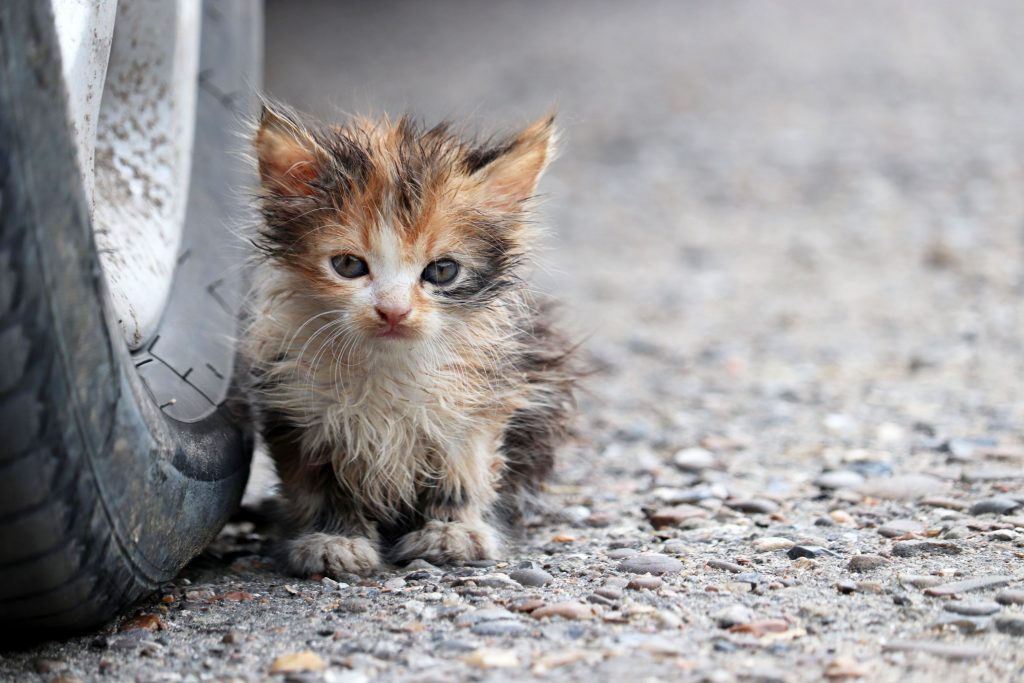Have You Heard Of Hyperthyroidism in Cats?
Cat owners are typically looped into the common potential health issues facing modern felines. In addition to heartworm disease, diabetes, feline leukemia virus (FelV), and feline immunodeficiency virus (FIV), hyperthyroidism in cats is increasingly prevalent. Characterized by weight loss, increased appetite/thirst, and vomiting or diarrhea, this condition must be promptly addressed. The good news is that once hyperthyroidism in cats is properly managed, a high quality of life is attainable.
Anatomy Details
Located within the neck, the thyroid gland produces a hormone that regulates metabolism. When too much hormone is produced, metabolism increases which explains why cats lose weight despite a voracious appetite. While this symptom is a red flag, many owners don’t automatically realize that it’s tied to something serious.
Cats between the ages of 10-13 are commonly diagnosed with hyperthyroidism. Blood tests and other diagnostics can help diagnose hyperthyroidism in cats, and rule out a series of other common conditions like kidney disease, diabetes, and cancer (all share similar clinical symptoms). We may also need to perform an electrocardiogram, chest x-ray, ultrasound, and blood pressure to gain a better understanding of a cat’s condition.
Since a vast majority of cases are linked to a benign tumor on one or both lobes of the thyroid gland, it is critical to move quickly toward effective treatment. Prognosis is usually very good if caught early.
Next Steps
Depending on the severity, hyperthyroidism in cats may be properly managed with medical treatment, close monitoring, and prescription diet. Medication taken twice a day for life can decrease the production of thyroid hormone.
Injections of radioactive iodine can also decrease thyroid hormone levels in a shorter amount of time, but require a hospital stay. This is often the fastest and safest method to lower thyroid hormone levels.
Surgical removal of the thyroid gland may be necessary in extreme cases. However, the elimination of the thyroid gland may result in serious health complications.
Every Step of the Way
Your team at Volunteer Veterinary Hospital understands that hyperthyroidism in cats can be very challenging to face. Due to its effect on feline blood pressure, heart health, eye health, neurologic functions, and the kidneys, this condition must be closely observed. If we’re able to catch the disease early on, hyperthyroidism in cats can be effectively treated.
Hyperthyroidism in Cats
Your cat’s annual wellness exam creates the opportunity to catch health problems before they get out of hand. Early detection can lead to a better prognosis, affecting your cat’s overall health and lifespan.
Remember, if you see any changes to your cat’s eating/drinking behavior, vomiting and/or diarrhea, poor coat quality, and weight loss, please don’t hesitate to call us at (865) 609‑0311.


